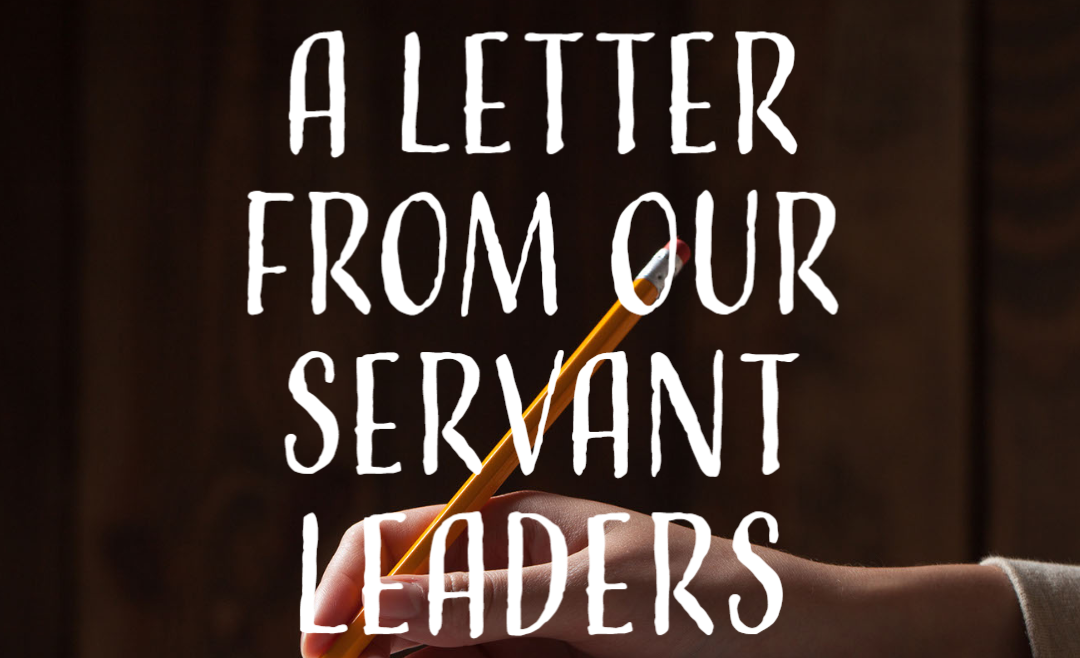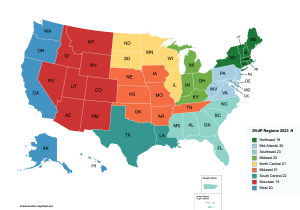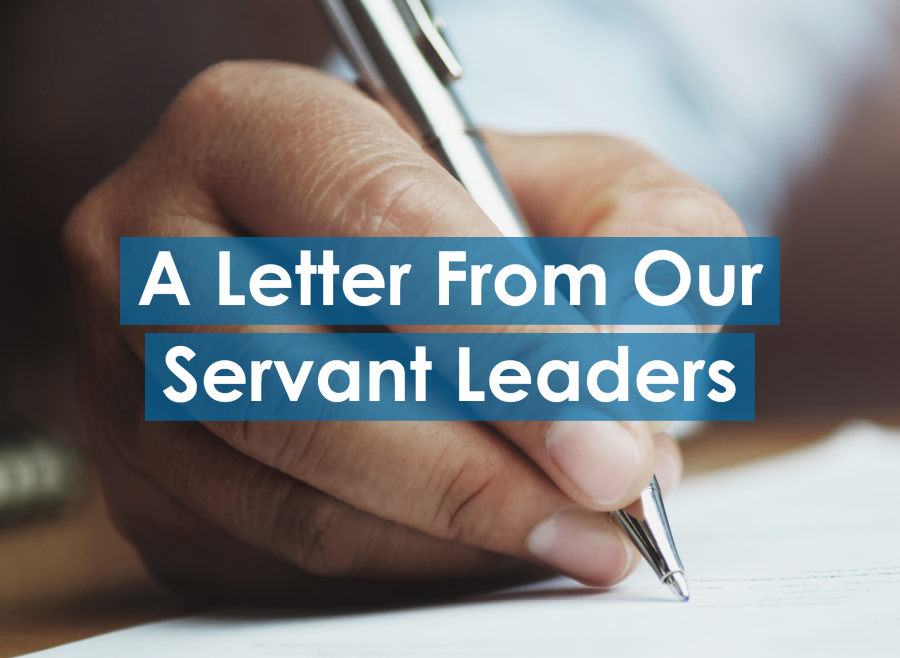In 1986, when I joined the Society of St. Vincent de Paul as a teenager at the age of 15, I never imagined that one day I would be elected International President General. Never. My desire was to respond to the call of Our Lord Jesus Christ, who preached: “What you do to the least of my brethren, you do to me.”
My intentions were focused solely on helping those most in need, seeking to build a fairer and less unequal world. I have never had political ambitions or other particular motivations for positions, responsibilities, or offices. I am not a careerist. All this happened naturally in my Vincentian life, simply by listening to the voice of God and the designs of the Holy Spirit.
When the electoral process began in 2015 and my name started to be bandied about by the National Councils, I thought to myself: how will this be possible, being very young (45 at the time), with children still young, and professionally active? But my wife Andrea softened my heart: “if it is God’s will, everything will happen.” And God acted, enabling and preparing me for this challenge. I dedicated my election to Our Lady of the Miraculous Medal and walked with her every day of my mandate.
In these seven years I have had the privilege of leading a real “army of self-sacrificing people,” present in more than 150 countries, dedicated and committed to the practice of charity. I have been the spokesman for all of them, and I have tried to dignify the task entrusted to me. An immense honor, full of responsibilities, for which I have counted on the unconditional support of diligent collaborators who have helped me to serve as President General, to whom I offer my heartfelt thanks: the International Board, the members of the Structure, the staff of the Paris headquarters, the National Presidents, the Superior Councils and the countries of the “Concordat.”
I have visited 50 countries, poor, rich or developing, with the same love and enthusiasm. I have flown the SSVP flag everywhere. I carried the image of the seven founders wherever I went. The further I went; the better I was received. I treated everyone with respect, dignity and equality. I remember countless unforgettable moments from different times, on all continents. I cried, I was moved, I learned, I suffered, I shared, I smiled, and I hugged. Hours and hours in queues in airports, taxis, roads, and railways, on the way to somewhere. Away from home, in hotels, the only thing that gave me the energy to keep going was the support of my family. During the pandemic, I had to undergo dozens of Covid tests to be able to travel, and even without the vaccine, in October 2020, I took the documents of a second possible miracle attributed to our beloved Ozanam to the Vatican.
The innovations we have introduced in the General Council, in various sectors, clearly show that the primary goal of our collective work was to prepare the SSVP for the future. For example, the new headquarters in Paris, the advances in communication, the benefits derived from institutional relations, disseminating the legacy of the seven founders, increased solidarity actions, the expansion to new countries, the imminent canonization of Antoine-Frédéric Ozanam, the role of youth and women, improvements in training, the Circular Letters, and the advances in governance and international management. There is no doubt that the positive outcome of this mandate is due to all these successful initiatives.
I was once asked how I would like to be remembered in the future. This kind of question always makes me very uncomfortable, but I can give a modest answer: if I am remembered as a humane, frank and empathetic President General, I will be very flattered. These are very important qualities for all of us who do volunteerism and occupy leadership roles. The “singing president,” “the writing president,” “the flag president,” or even “the smiling president,” are very kind and gentle comments that I also hear when I visit countries, but what really pleases me most is to know that Vincentians consider me to be approachable and accessible.
For the Society of St. Vincent de Paul, I pray that God will always keep it united, that its members will be faithful followers of the Rule and defend the principles emanating from the seven founders, without disputes or divisions, supporting the Holy Church and the Vincentian Family, striving with dynamism and creativity to better serve those who suffer. If we do not stray from these values and premises, we will be on the right path to personal sanctification and the evangelization of the poor. If, on the contrary, we allow secularization to invade our procedures, our rules and our thoughts, we will quickly perish.
Everyone I have invited to international service (without exception) has been important to the work of the General Council. I would like to thank them all. However, I would like to give special recognition to four people who have always been very close to me and who, with their human qualities, Vincentian knowledge and spiritual condition, have guided me in the direction of virtue, protecting me in delicate moments and indicating the best path to follow. I am referring to Joseph Pandian (Vice-President General), Marie-Françoise Salesiani-Payet (Secretary General), Larry Tuomey (Treasurer General), and Father Andres Motto (Congregation of the Mission). Without their fraternal advice, I would not have grown spiritually as much as I did.
I want to express a deep gratitude to my family (Andrea, Gustavo and Bianca) because they managed to cope with my absence, which certainly deprived me of beautiful moments that I missed out on, and which can never be recovered. And yet God compensated me by blessing me with countless miracles and happy moments in my private, professional, academic, and Vincentian life.
To all those who prayed for me, I can assure you that I felt your spiritual intercession, especially during the difficulties of the pandemic. From now on, I will return those prayers, praying twice as much for you. This moment of farewell is a bit confusing for me, because I have mixed feelings of joy (for all that we have achieved) and nostalgia (for leaving this service to which I have dedicated so much of myself, with excitement and love).
This is not a farewell speech, but a “see you soon” speech. I intend to devote myself more to the Conference in which I participate, to my beloved family, to my doctorate in political science, to my health, and to my political and regulatory work in Brazil. And I will remain at the disposal of the new President General, who will be elected today, for any mission. In view of all the experiences I have had in the ministry as President General, I intend to write a book about my seven years of service. In this way, I believe our example can inspire other Vincentian leaders, now and in the future. THANK YOU VERY MUCH for your affection, loyalty and kindness!
Praise be to our Lord Jesus Christ!
Partner Renato Lima de Oliveira
16th International President General



